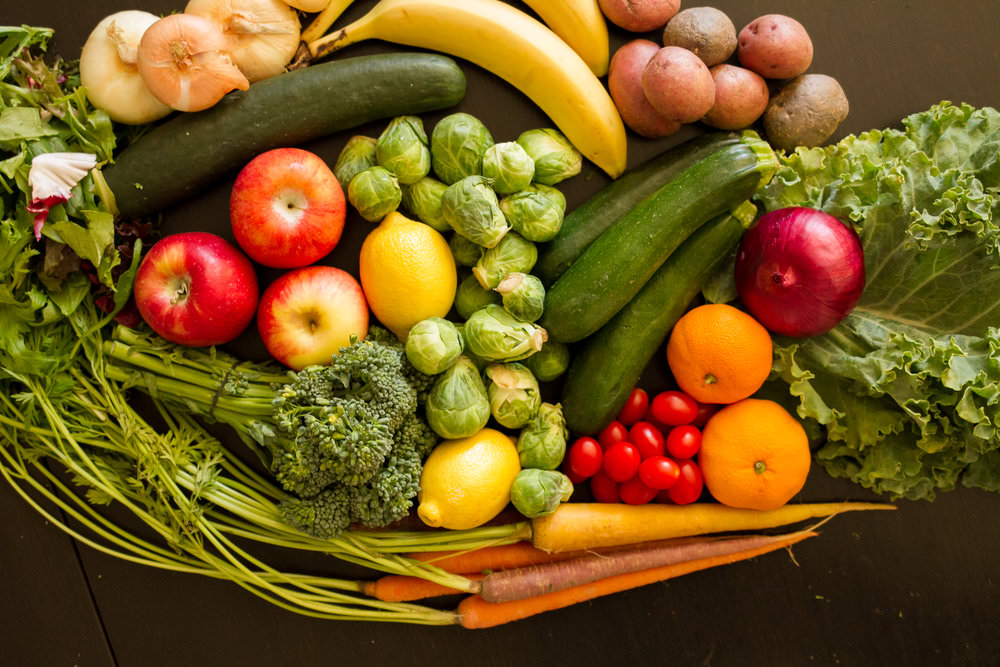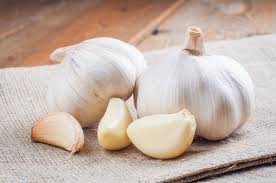
As the daylight hours decrease in the southern hemisphere, and the temperatures start to reduce, it’s a good time to tune in to your body and make a few adjustments to support your immune system.
Here are a few immunity boosters to implement as the seasons change, in order to resource yourself for the coming winter months.
DETOXING
Autumn and Spring are the best times of year to detox the body, allowing you to adjust, physically, mentally and emotionally to the changing seasons. There are a range of detox kits available for purchase but I prefer to go directly to mother nature and detox both through elimination as well as nourishment from the wonderful food sources available to us.
A traditional detox usually involves fasting, (essentially talking liquid but no food), but this is not advised if you’re still maintaining your normal schedule without being able to rest as your body demands e.g. by taking naps if you’re feeling fatigued (not a popular practice if you’re working).
A great alternative to fasting while still cleansing/detoxing your body is through ingesting pureed foods instead of solids.
NOURISHING DURING A DETOX
Smoothies, and Soups (which are warm and nourishing as the days begin to cool down) still provide nourishment to sustain you while also giving your body a break from spending energy digesting your food. When the body doesn’t have to digest food, it has more energy to boost stem cell regeneration and tissue repair, supporting the immune system.
Drinking a potassium broth (made from vegetable peelings) improves blood pressure, cardiovascular health, bone and muscle strength, while also providing essential vitamins and minerals. It is also a strong alkalizer (which our body loves, as opposed to our typically acidic state), it assists with detoxification, hydration, flushes the kidneys thereby reducing water retention, and helps to get the bowels moving.
A great by-product of cleansing/detoxing is weight loss, as apart from the sheer lack of solid food (which is not sustainable, and not intended to be), the metabolism gets a healthy boost because of the improved cellular functioning. (Not advised if you have diabetes!)

ELIMINATING DURING A DETOX
Yes, detoxing involves elimination but what you choose to eliminate is entirely up to you. Obviously for the greatest noticeable benefit, full elimination of meat, caffeine, dairy, wheat and gluten products, processed foods, sugar, alcohol, drugs, and tobacco is recommended.
However, what we consume is often driven by emotional states that we want to soothe, so, when we eliminate whatever we’re consuming to soothe our emotions, we expose our own emotional driver, which typically doesn’t feel good. This can expose feelings of anger, sadness, frustration, and general irritability and as our body starts throwing out excess toxins that have been stored in the liver. We can also experience physical discomfort when detoxing such as skin eruptions, head and body aches and pains, stiff joints, uncomfortable bowel movements and stomach cramps.
ITS OKAY…all of these uncomfortable physical and emotional symptoms will pass, and once they do, your cells will be humming a happy tune and doing a little happy dance as your energy increases!
IMMUNE BOOSTERS
Probiotics: Probiotics help to increase your friendly gut bacteria which act as messengers to activate your immune system and also assist in boosting your mood.
Vitamin C: Vitamin C is a vital antioxidant that has a large protective effect within the body by stopping the cellular damage created by free radicals. It also regenerates cell membranes, that includes skin, muscle, bone, and brain cells so it has a big role in healing. Vitamin C also assists in the absorption of Iron which is also extremely important when it comes to a healthy immune response. Remember that the body cannot produce or store vitamin C so we need to consume it regularly.
The best dietary sources of vitamin C are found in fruits and vegetables such as citrus fruits (orange and grapefruit), kiwifruit, mango, papaya, pineapple, strawberries, raspberries, blueberries, and cranberries, watermelon, broccoli, brussels sprouts, and cauliflower, green and red peppers, spinach, cabbage, turnip greens, and other leafy greens, sweet and white potatoes, tomatoes and tomato juice.
IRON: Iron is necessary for the production of immune cells and white blood cells and an iron deficiency can result in having an inadequate immune response. Too much Iron however can inhibit the immune response so a balance is necessary. Symptoms of Iron deficiency include: cold hands and feet, recurrent anxiety, fatigue and tiredness, recurrent infections or infections that do not improve.
Dietary sources of Iron include: eggs (especially egg yolks), liver, lean red meat (especially beef), oysters, poultry, dark red meat, salmon, tuna, whole grains such as brown rice, oats, millet and wheat, beans and lentils (including dried legumes), tofu, baked potatoes, cashews, almonds, brazil nuts, dark green leafy vegetables such as spinach, kale, broccoli and asparagus, dried fruits such as prunes, apricots and raisins, fortified breakfast cereals, whole-grain and enriched breads.
Vitamin D: As the sunlight hours in New Zealand diminish, so does your source of vitamin D which is a major driver of your immune system. Yes, you can get vitamin D via animal products such as oily fish like tuna, salmon, sardines, or herring; beef liver; cheese; and egg yolks but vegetable sources of vitamin D are limited to mainly mushrooms, and avocados which boost the absorption of vitamin D. So, for vegetarians and vegans it’s vital to have some food sources that are fortified with vitamin D such as some dairy products, juices and soy milk, soy beans and oats.
The best way for the body to synthesise vitamin D is via sun exposure on the skin so taking a vitamin D supplement during winter is a good way to support your immune system.

Zinc: Zinc is required for multiple functions of immunity including the development and functioning of cells that fight infections and clean up metabolic wastes but also by keeping the cellular functioning of the immune system in balance including the inflammatory process. Dietary sources of zinc include: meat, shellfish, legumes, seeds, nuts, dairy, eggs and whole grains.
Lysine: Lysine is an essential amino acid for building proteins. It assists in the absorption of minerals as well as strengthening cell walls by increasing collagen links and therefore reducing the cellular invasion of bacteria and viruses. Lysine also slows the growth of viruses (specifically herpes) so lysine can assist with the prevention and healing of cold sores.
Dietary sources of lysine include: high-protein foods such as eggs, meat (specifically red meat, lamb, pork, and poultry), soy, beans and peas, cheese (particularly Parmesan), and certain fish (such as cod and sardines).
ANTIVIRALS AND ANTIBACTERIALS

Raw Garlic: Raw Garlic has proven to be an effective killer of bacteria and viruses since ancient times due to its active ingredient allicin. Cooking garlic, destroys the allicin so it needs to be consumed in its raw form to prevent or fight infections. Raw garlic, however, is not pleasant to taste so a suggested method of consumption is to drink a solution of one or more crushed garlic cloves stirred into one third of a cup of water.
Olive Leaf: Olive leaf extract has been shown in extensive studies to improve immune function as well as providing antioxidant protection. The incredible germ-killing powers of olive leaf extract include: destruction of viruses‚ fungi‚ bacteria‚ and disease-causing parasites by stopping the invaders’ ability to reproduce. It does all of this while not harming the “good bacteria” that your body needs for a strong immune response.
Echinacea: Echinacea extract boosts the immune system by increasing the number of white blood cells responsible to fight infections. It also has powerful antioxidant properties thereby eliminating free radicals that cause cellular damage. Just a note of warning, echinacea may cause side effects, the most common being an upset stomach. If you have an allergy to plants in the daisy family such as chrysanthemums and marigolds, you may be at higher risk of having a reaction to echinacea so it may be best to avoid it.
SLEEP

Let’s not underestimate the importance of sleep for the optimal functioning of your immune system.
When the body is well rested, it can restore its natural homeostatic mechanisms that allow it to be in the best position to fight viruses and bacteria. The key here is “listening” to your body and following its commands….and NO you’re not being lazy by resting when you feel tiredness or fatigue that is out of the ordinary for you.
YOU HAVE PERMISSION TO REST AND RESTORE!
Wishing you an abundance of health and vitality this season wherever you are.
Written By: Chrissy Diamond
